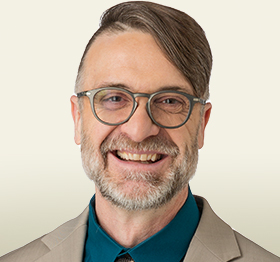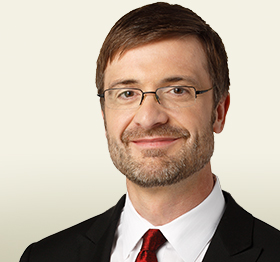I’m sentimental about Halloween the way most people are sentimental about Christmas.
Fall foliage and pumpkins bring the tang of childhood to my tongue like nothing else. So I spend the month of October watching new horror movies or horror mini-series, if there are any good ones. And if there aren’t, then there’s always the classics—Halloween and The Shining—to enjoy again.
In recent years, the director Mike Flanagan has become a favorite, and his notable Netflix series The Haunting of Hill House is even popular among people who don’t generally like horror, mainly because he’s willing to expose the deepest, darkest secret of the horror genre.
And that secret, if you didn’t already know it, is this: horror isn’t actually about death, hate, or despair—it’s about life, love, and hope. All Mike does is make those themes of life, love and hope more apparent and accessible, while still scaring you.
So imagine my delight when, settling in to watch his newest mini-series The Midnight Club (which premiered on Netflix recently), twenty minutes into the first episode the main character (a young cancer patient) has a conversation with her doctor about how wrong-headed the “battle against cancer” rhetoric is.
DOCTOR: “The thing I didn’t understand when we talk about cancer, or any terminal illness really—look at the language we use. The language of battle. ‘We’re going to fight this thing. We’re going to fight with everything we’ve got. Be brave for the fight.’ And then people say, ‘They lost the battle’. It’s so backwards. I get it. To talk about the fight it’s active, it’s visceral. Don’t look at the hard part. Look at all these shiny sharp weapons we’ve developed for you to try. It’s about permission to leave the battlefield. To focus on living instead of fighting. We aren’t about a fight and it certainly isn’t losing a battle. Every living day here is a win.”
I couldn’t believe my ears. It might have been cribbed verbatim from past blog posts, or from conversations I’ve been hearing in the clinic lately.
Though it’s not my place to tell people how to think about their illness (especially since I’ve never had cancer) I’ve worried about the “battling cancer” rhetoric for years, for a lot of reasons. First, battle implies a certain casualness about casualties and collateral damage that’s never ok. Second, an “all-or-nothing” mentality doesn’t gel with what an actual course of treatment looks like, which requires flexibility and adaptation, advance AND retreat.
But most of all, I dislike it because it disrespects another aspect of the cancer experience for some—dying.
Though death isn’t the result we want, it can be experienced with dignity, comfort, and peace—if we face it honestly and with acceptance when it becomes inevitable. But that’s something an all-or-nothing mindset cannot do.
There probably are times when the metaphor of “fighting a battle” can be very helpful for people with cancer, and I’m not here to take that away from anyone. But like any metaphor, it oversimplifies reality to gain clarity. That means there are other ways in which it distorts or omits very important truths.
Most notable among them are:
- There are ways to win, even when cure is impossible
- People who die from cancer aren’t losers
Thanks for putting this message out there on blast, Mike. I couldn’t agree with you more.


